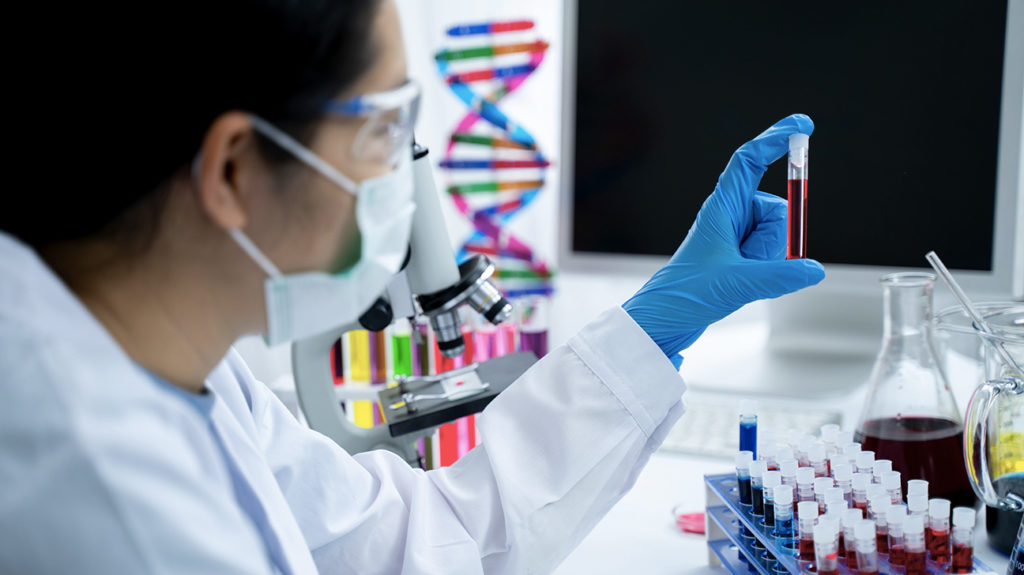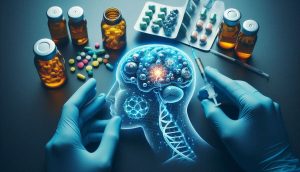What is an Oncologist / Hematologist?
Hematologists work with blood-related conditions, including several types of cancer. They use a variety of tests and treatments for these issues.
Many hematologists also receive training in oncology, which is the branch of medicine dedicated to diagnosing and treating cancer.
This article will look at hematology, what hematologists do, and how their work relates to oncology.
What is hematology?

Hematology is the study of blood concerning health and disease.
Blood plays essential roles in human health, including:
Problems with the blood can affect several of the body’s systems, such as the lymphatic system, a network of tissues and organs that clear waste.
Blood disorders sometimes stem from problems with the bone marrow, where the body makes most of its blood cells.
Hematology aims to understand how these problems occur, how they affect a person’s health, and how to treat them.
What do hematologists do?
Hematologists are medical doctors who specialize in diagnosing and treating problems with the blood and related structures, such as the bone marrow.
Tests and procedures that a hematologist may perform include:
A hematologist might have one of the following specialties.
Hemoglobinopathy
Hemoglobin is a protein in red blood cells that carries oxygen around the body. Hemoglobinopathy is the studyTrusted Source of abnormal hemoglobin.
These abnormalities may indicate sickle cell disease, thalassemia, or other disorders. Each may cause episodes of pain.
Hematological malignancy
This area of hematology focuses on diagnosing and treating blood cancers, such as myeloma.
Blood cancers start in the cells of the immune system or tissues that make blood cells, such as bone marrow.
Anemias
Anemias are conditions that lead to low levels of trusted sources of hemoglobin or red blood cells in the body.
Having anemia prevents enough oxygen-rich blood from circulating in the body. As a result, a person may feel unusually tired and experience muscle weakness.
Coagulopathy
Coagulopathy refers to disordered bleeding; it reflects the body’s ability to form blood clots.
Blood disorders, such as hemophilia, are forms of coagulopathy. They make it difficult for the body to control bleeding.
How does it relate to oncology?
It is common for hematologists to also train in oncology, which is the study, diagnosis, and treatment of cancer. The combined training allows these doctors to treat a range of blood-related illnesses, including some cancers.
A person with blood cancer, such as leukemia or myeloma, may see an oncologist and hematologist separately, or they may see a doctor with training in both fields.
Not everyone who receives a referral to an oncologist has cancer. Many oncologists train in hematology and see people with blood conditions that are not cancerous.
**What is an Oncologist/Hematologist?**
**Definition**
An oncologist/hematologist is a medical specialist who diagnoses and treats diseases that affect the blood, bone marrow, and lymphatic system, including cancer (oncology) and blood disorders (hematology).
**Oncology: Cancer Diagnosis and Treatment**
An oncologist specializes in diagnosing and treating cancerous tumors, ranging from solid tumors (e.g., breast, lung) to blood cancers (e.g., leukemia, lymphoma). They utilize various cancer treatment modalities, including chemotherapy, radiation therapy, surgery, immunotherapy, and hormone therapy.
**Hematology: Blood Disorders Diagnosis and Management**
A hematologist focuses on diseases involving the blood cells, including red blood cells, white blood cells, and platelets. They diagnose and manage conditions such as anemia, bleeding disorders, clotting disorders, and malignancies of the blood and bone marrow (e.g., leukemia, lymphoma).
**Subspecialties and Focus Areas**
* **Medical Oncology:** Focuses on non-surgical treatments for cancer, such as chemotherapy and immunotherapy.
* **Radiation Oncology:** Utilizes radiation therapy to destroy cancer cells.
* **Surgical Oncology:** Performs surgical removal of cancerous tumors.
* **Hematologist-Oncologist:** Combines expertise in both oncology and hematology, treating both blood cancers and non-cancerous blood disorders.
* **Clinical Hematologist:** Emphasizes on laboratory testing and diagnosis of blood disorders.
* **Transplant Hematologist:** Performs bone marrow and stem cell transplantation procedures.
**Qualifications and Training**
Oncologists/Hematologists typically complete medical school, a residency program in internal medicine or pediatrics, and a fellowship in either oncology or hematology. They must maintain board certification and stay up-to-date on the latest medical advances in their field.
**Role in Patient Care**
* Perform physical exams and gather patient histories
* Order and interpret laboratory tests and imaging studies
* Diagnose and classify cancer and blood disorders
* Develop and implement treatment plans
* Monitor patient progress and adjust treatment as needed
* Provide pain management and supportive care
* Consult with other healthcare professionals on patient care
* Participate in clinical research and education
**Conclusion**
Oncologists/Hematologists play a vital role in diagnosing and treating cancer and blood disorders, offering patients access to specialized and comprehensive care. By working closely with patients, they help them navigate their medical journey, offering hope and support during challenging times.







